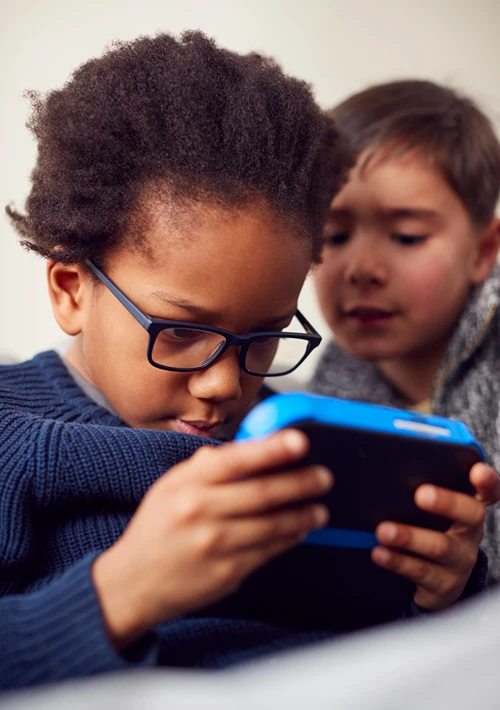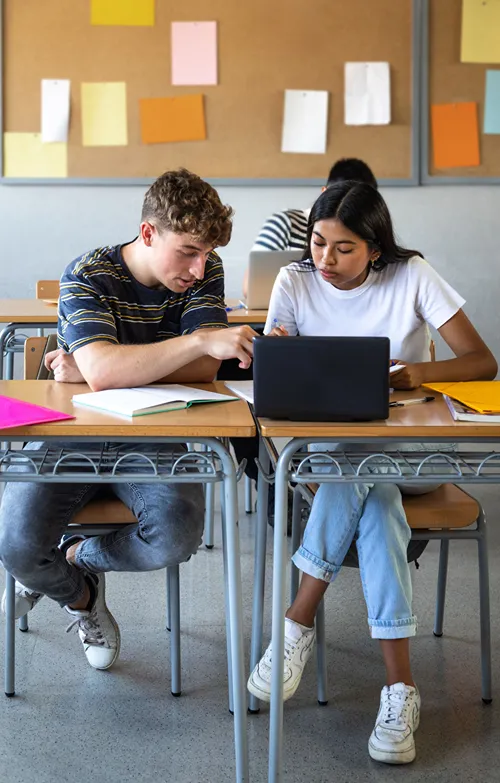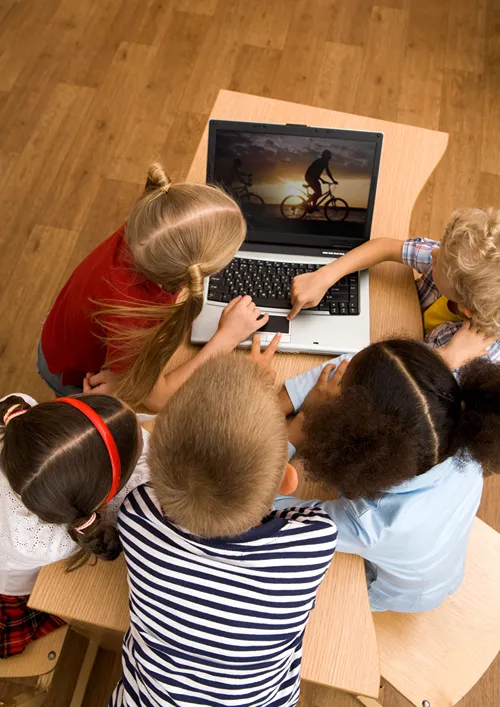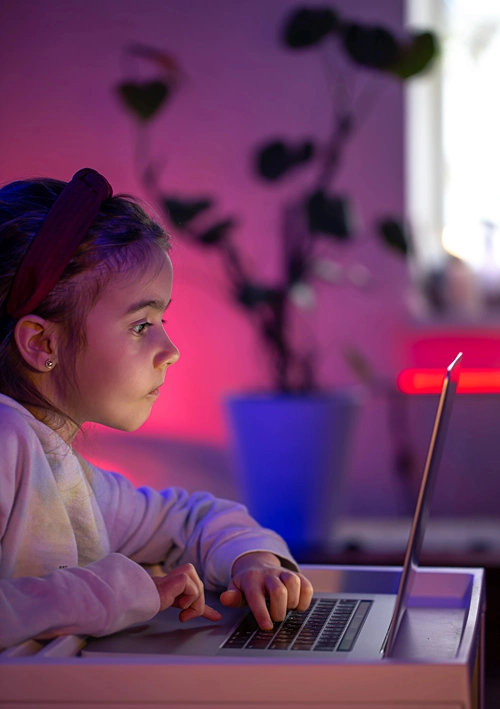A Safer Digital Childhood Starts with Smarter Screen Time Choices
We live in a technology-driven world. Digital screens are everywhere, from tablets and phones to interactive whiteboards and smart TVs. While digital tools can support learning and entertainment, there’s growing concern among parents and experts about how much screen time is too much, especially for children.
A safer digital childhood doesn’t mean avoiding screens entirely, but rather making smarter, research-backed decisions about their use.
Understanding the Digital Landscape
Children today are digital natives. They’re growing up in a world where devices are part of everyday life. While this brings certain advantages, such as access to educational resources and social connections, it also introduces risks including reduced physical activity, delayed social development, and sleep disruption. The challenge for modern parents isn’t removing technology but managing it thoughtfully and effectively.
This means being mindful not only of how much screen time children are getting but also of what type of content they’re consuming, when they’re using screens, and how it fits into the rest of their daily routine. A blanket ban rarely works in the long term. Instead, informed, balanced choices create an environment where kids thrive both on and off screen.
Quality Over Quantity
Not all screen time is created equal. Watching cartoons for hours is very different from engaging with an educational app or joining a virtual class. Parents should aim to prioritize quality content that supports their child’s development, such as programs that encourage creativity, critical thinking, or collaboration.
Co-viewing and co-playing can also enhance the value of screen time. When parents watch, play, or talk about digital content with their children, it becomes a shared experience rather than a solitary one. This not only builds trust and communication but also helps children develop a healthier relationship with technology.
Creating Structure and Boundaries
One of the most effective ways to encourage safe screen habits is to set consistent boundaries. This could mean establishing “screen-free” zones such as bedrooms or family meal areas, or having daily time limits that align with age-appropriate guidelines. Clear rules around device use, especially before bedtime, help ensure that screens don’t interfere with sleep, play, or other essential activities.
Involving children in the process of setting these rules can lead to better outcomes. When kids understand why certain boundaries are in place, they’re more likely to respect them and internalize good habits that last beyond childhood.
The Role of Parental Modeling
Children often mirror the behavior of adults, and screen use is no exception. If kids see parents constantly scrolling, checking emails during dinner, or reaching for their phones in every spare moment, they’ll likely do the same. Modeling balanced, mindful screen use sets a strong example and reinforces the idea that devices should serve a purpose, not dominate every free moment.
This also means making time for meaningful offline experiences. Reading, playing outside, doing crafts, or simply having conversations without screens in the background all contribute to a more balanced lifestyle.
When to Step In
Despite the best intentions, screen time can sometimes become excessive or problematic. Warning signs include irritability when devices are taken away, a drop in academic performance, social withdrawal, or difficulty sleeping. In such cases, parents should feel empowered to reassess the family’s digital habits and make necessary changes.
Asking questions like Should parents limit screen time for kids? leads to deeper reflection and better decision-making. According to insights shared in Should parents limit screen time for kids, evidence suggests that thoughtful limits, especially when combined with positive reinforcement and parental involvement, can support both emotional and cognitive development.
A Path Forward
Technology isn’t going away, and for children growing up today, screens will continue to play a major role in their education, social lives, and future careers. The key lies in helping them build a healthy digital relationship from the start, one that balances screen time with real-world experiences, prioritizes meaningful content, and emphasizes safety and well-being.
By making smarter choices around screen use, parents can create a safer digital environment that supports their children’s growth, curiosity, and long-term success.










